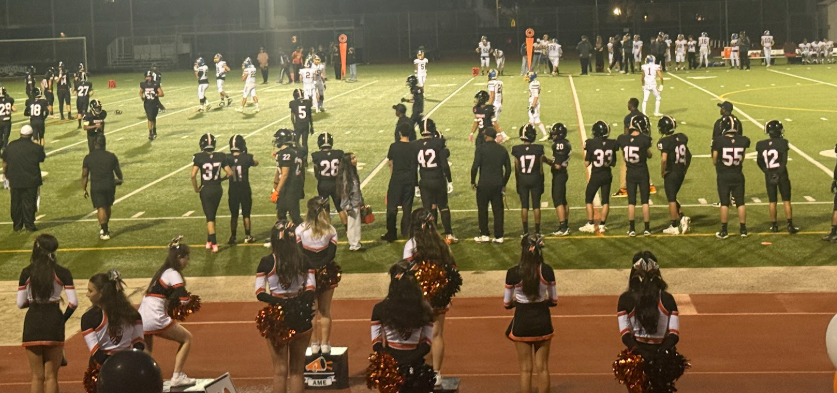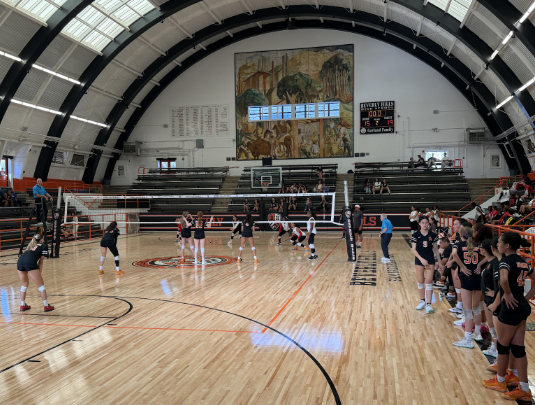Robert Katz, Staff Writer
A study published by health and technology journal Cyberpsychology, Behavior, and Social Networking suggested that the usage of Facebook, the most-highly prevalent social media website among students, can create a positive mood shift in users after browsing, putting them in a happy state of mind.
The survey was conducted on campus. A total of 35 students were asked about their average experiences with Facebook. They were asked about how they felt after a usual, daily browse of Facebook. Students were also asked whether their social lives and productivity has benefited or suffered due to Facebook.
Emotionally, most students expressed positive feelings regarding Facebook usage. About 48% of students felt satisfaction after using Facebook, while about 36% of students responded that they came away feeling relaxed.
Some students, however, claimed to be less than pleased after logging out. Thirty-six percent found themselves sometimes frustrated and 24% had the tendency to be disappointed by browsing. This showed some deviation from the findings of the study, suggesting that many students are not only unfazed by Facebook, but actually feel a negative mood shift in response.
The majority of pupils believed that their social lives have benefited from their Facebook profiles, approximately 80%. The remaining 20% felt that their social lives have suffered as a result of their online manifestations.
Freshman Richa Vijayvergiya found that Facebook’s constantly-updating notification system has somewhat impacted her social life for the worse.
“I’m so busy checking my account that it can be considered procrastination, taking possible time away from hanging out in person with my friends,” freshman Vijayvergiya said.
When asked whether Facebook has increased productivity (motivating them and putting them in a better mood to work) or has worsened it (de-motivating and wasting time), about 76% answered the latter, with 24% believing the former.
Sophomore Mehrzad Farnoosh, believing Facebook can hinder work ethic, blamed the site’s instant messaging system for its hindrance of work ethic.
“I get into a lot of conversations and I don’t want to leave them to do work,” sophomore Farnoosh said.
Overall, the surveys’ results deviated somewhat from the study. While students’ mental responses could not actually be recorded, over half claimed to feel negatively after using Facebook, even if only in a fraction of occurrences. It’s currently unknown whether or not students’ positive mentalities deteriorated as a result of Facebook browsing or if usage simply correlated, but did not contribute, to an already negative state.
Meanwhile, Facebook usage appeared to have, contrary to what one would expect from the aftereffects of a stress-relieving activity, reduced productivity among students, for the most part. This may be a purely teenage phenomenon or may be a sign of a popular tool with a serious disadvantage across the age spectrum.
Categories:
Students don’t always “Like” Facebook
March 7, 2012
0
Tags:
Donate to Highlights
$125
$1000
Contributed
Our Goal
Your donation will support the student journalists of Beverly Hills High School. Your contribution will allow us to purchase equipment and cover our annual website hosting costs.
More to Discover






























